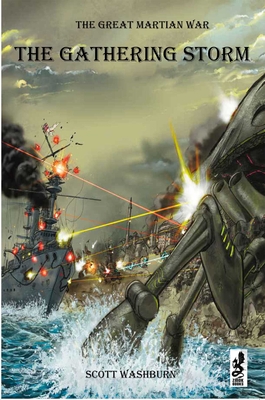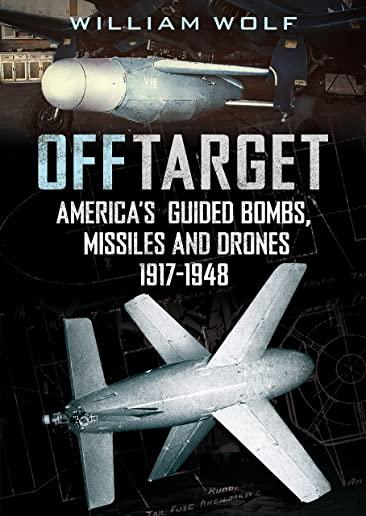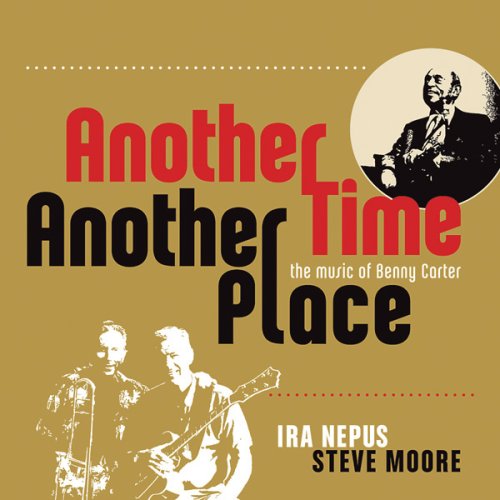
White, Kristopher D.
product information
description
ht that secured the Union position and set the stage for the Gettysburg battle's fateful final day.
July 1, 1863, was a disaster for the Union army's XI Corps. Shattered in battle north of the Pennsylvania town of Gettysburg, the battered and embarrassed unit ended the day hunkered at the crest of a cemetery-topped hill south of the village. Reinforcements fortified the position, which extended eastward to include another key piece of high ground: Culp's Hill. The Federal line also extended southward down Cemetery Ridge, forming what eventually came to resemble a long fishhook.
July 2 saw a massive Confederate attack against the southernmost part of the line. As the Southern juggernaut rolled inexorably northward, Federal troops shifted away from Culp's Hill and Cemetery Hill to meet the threat. Just then, part of the Army of Northern Virginia's vaunted Second Corps launched itself at the weakened Federal right. The very men who had broken the Union army the day before resolved to break it once again.
The ensuing struggle--every bit as desperate and with stakes every bit as high as the more famous fight at Little Round Top on the far end of the line--imperiled the entire Union position. "Stay and fight it out," one Union general counseled his peers. The Confederates were all too willing to oblige.
Authors Kristopher D. White and Chris Mackowski started their Gettysburg account in Fight Like the Devil: The First Day at Gettysburg, July 1, 1863, and continued it in Don't Give an Inch: The Second Day at Gettysburg, July 2, 1863--From Little Round Top to Cemetery Ridge. Picking up on the heels of its companion volume, Stay and Fight It Out: The Second Day at Gettysburg, July 2, 1863--Culp's Hill and the Northern End of the Battlefield recounts the often-overlooked fight that secured the Union position and set the stage for the battle's fateful final day.
July 1, 1863, was a disaster for the Union army's XI Corps. Shattered in battle north of the Pennsylvania town of Gettysburg, the battered and embarrassed unit ended the day hunkered at the crest of a cemetery-topped hill south of the village. Reinforcements fortified the position, which extended eastward to include another key piece of high ground: Culp's Hill. The Federal line also extended southward down Cemetery Ridge, forming what eventually came to resemble a long fishhook.
July 2 saw a massive Confederate attack against the southernmost part of the line. As the Southern juggernaut rolled inexorably northward, Federal troops shifted away from Culp's Hill and Cemetery Hill to meet the threat. Just then, part of the Army of Northern Virginia's vaunted Second Corps launched itself at the weakened Federal right. The very men who had broken the Union army the day before resolved to break it once again.
The ensuing struggle--every bit as desperate and with stakes every bit as high as the more famous fight at Little Round Top on the far end of the line--imperiled the entire Union position. "Stay and fight it out," one Union general counseled his peers. The Confederates were all too willing to oblige.
Authors Kristopher D. White and Chris Mackowski started their Gettysburg account in Fight Like the Devil: The First Day at Gettysburg, July 1, 1863, and continued it in Don't Give an Inch: The Second Day at Gettysburg, July 2, 1863--From Little Round Top to Cemetery Ridge. Picking up on the heels of its companion volume, Stay and Fight It Out: The Second Day at Gettysburg, July 2, 1863--Culp's Hill and the Northern End of the Battlefield recounts the often-overlooked fight that secured the Union position and set the stage for the battle's fateful final day.
member goods
No member items were found under this heading.
listens & views

STRING QUARTETS
by VILLA-LOBOS / PARPINELLI / BRAZILIAN STRING QUART
COMPACT DISCout of stock
$14.75
Return Policy
All sales are final
Shipping
No special shipping considerations available.
Shipping fees determined at checkout.






